Free government laptop programs aim to provide devices to those in need, supporting education and employment. These initiatives often require specific eligibility criteria and application processes. However, applicants must be cautious of scams, as false offers are common. Always verify programs through official government channels to ensure authenticity and avoid fraudulent schemes.
1.1 Overview of Government Initiatives for Digital Inclusion
Government initiatives for digital inclusion aim to bridge the gap between socio-economic groups by providing free laptops to underserved communities. These programs focus on reducing the digital divide, ensuring equal access to technology for education, employment, and daily life. They often target low-income families, students, and individuals with disabilities, promoting digital literacy and empowerment. Authenticity of such programs must be verified to avoid scams.
1.2 Importance of Free Laptops for Education and Employment
Free laptops are crucial for education, enabling access to online resources, remote learning, and digital tools. They also support employment by connecting individuals to job opportunities, skill development, and professional networks. These devices help bridge the digital divide, fostering economic growth and social mobility. However, applicants must verify program authenticity to avoid scams, as highlighted by recent alerts like the PIB Fact Check on fake laptop schemes.

Eligibility Criteria for Free Government Laptops
Eligibility for free government laptops typically depends on income, education status, and disability. Applicants must meet specific criteria to qualify, while also verifying program authenticity to avoid scams.
2.1 Income-Based Eligibility
Income-based eligibility requires applicants to meet specific household income thresholds, often tied to federal poverty levels. Programs vary, but typically, only low-income individuals qualify. For example, students or families below a certain income percentile may be eligible. Always verify program authenticity to avoid scams, as fake offers are common, such as the debunked Indian government laptop scheme.
2.2 Educational Requirements
Educational requirements often mandate applicants to be enrolled in school or university programs. Some initiatives prioritize students with strong academic performance or those pursuing higher education. Additionally, applicants must provide proof of enrollment or academic records. Always verify program legitimacy to avoid scams, as fraudulent offers, like the debunked Indian government laptop scheme, are common.
2.3 Special Considerations for Disabled Individuals
Disabled individuals often receive priority access to free government laptops. Programs may require medical certificates or proof of disability. Some initiatives offer assistive technologies like screen readers or voice-to-text software. Always verify program legitimacy, as scams targeting vulnerable groups exist. Be cautious of fake offers, such as the debunked Indian government laptop scheme, to ensure safe and genuine applications.

Required Documents for Application
Applicants must submit proof of income, identification, and academic records. Verify program legitimacy to avoid scams, as fake offers like the debunked Indian laptop scheme exist.
3.1 Proof of Income
Proof of income is essential to verify eligibility for free government laptops. Applicants must provide documents like pay stubs, tax returns, or employment letters. This ensures programs reach low-income individuals. Be cautious of scams, as fake schemes, like the debunked Indian laptop program, circulate online. Always verify program legitimacy through official channels before submitting sensitive financial information.
3.2 Identification Documents
Applicants must submit valid identification documents, such as a driver’s license, passport, or state ID, to confirm their identity. Additional documents like birth certificates or Social Security cards may be required. Ensure all information is accurate and verify the program’s legitimacy through official channels to avoid scams, as fraudulent schemes often target such initiatives.
3.3 Academic Records
Applicants must provide academic records, such as transcripts, report cards, or enrollment letters, to demonstrate eligibility. These documents verify educational status and enrollment in recognized institutions. Ensure all records are up-to-date and valid. Additionally, be cautious of fraudulent schemes and verify the program’s legitimacy through official channels to avoid scams.
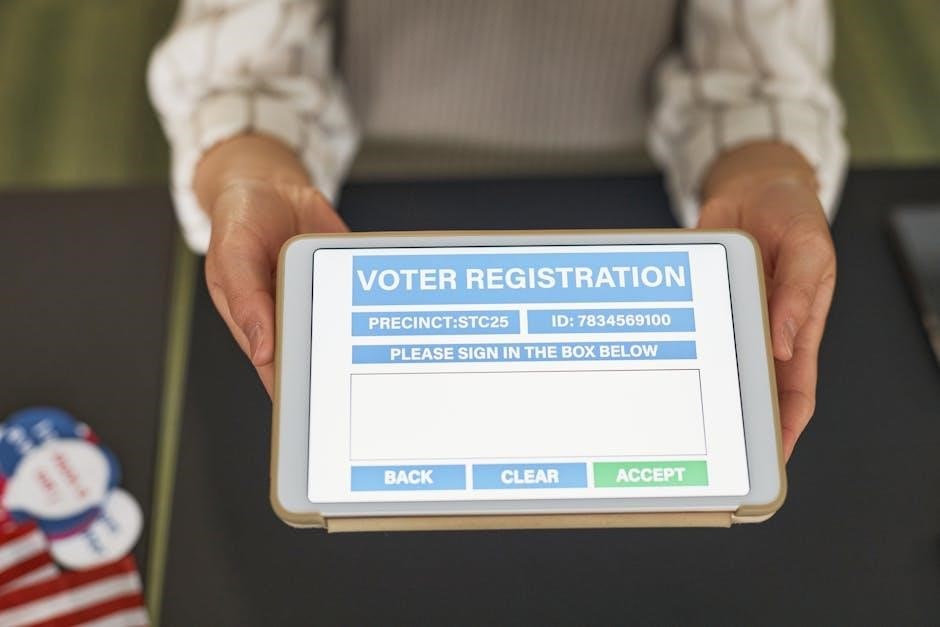
Application Process for Free Government Laptops
The application process involves accessing the form, filling it accurately, and submitting it with required documents. Always verify the program’s legitimacy through official channels to avoid scams.
4.1 Accessing the Application Form
To access the application form, visit the official government website or authorized portals. Ensure the program is legitimate by verifying through official channels, as scams exist. Download or complete the form online, following the provided instructions carefully. Some programs may require pre-eligibility checks before form access. Always cross-verify details to avoid fraudulent schemes.
4.2 Filling Out the Application Form
Fill the application form accurately, ensuring all personal and financial details are complete. Upload required documents, such as proof of income and identification. Review the form for errors before submission. Avoid incomplete sections, as this may delay processing. Seek help from online guides if needed, and ensure all information aligns with eligibility criteria to avoid rejection.
4.3 Submitting the Application
Submit the application online or offline, depending on the program’s requirements. Ensure all details are correct and documents are attached. After submission, save or print the confirmation receipt. Be cautious of fake offers, as verified by recent reports, and only apply through official government portals to avoid scams and ensure legitimacy.
Popular Government Programs Offering Free Laptops
Programs like the E-Rate initiative and state-specific digital inclusion plans provide free laptops. Verify legitimacy through official sources to avoid scams, as fake offers are common.
5.1 National Programs
National programs like the E-Rate initiative provide free laptops to underserved communities, focusing on education and digital inclusion. These programs aim to bridge the technology gap, ensuring access to essential tools for learning and career development. Applicants must verify program legitimacy through official government websites to avoid scams, as fraudulent offers are common in this space.
5.2 State-Specific Programs
State-specific programs offer free laptops to residents, often targeting low-income families, students, or individuals with disabilities. These initiatives vary by state and may require proof of residency and eligibility. Applicants should verify program legitimacy through official state websites to avoid scams, as fraudulent offers are common. Always check for official government seals and contact verified support channels for assistance.
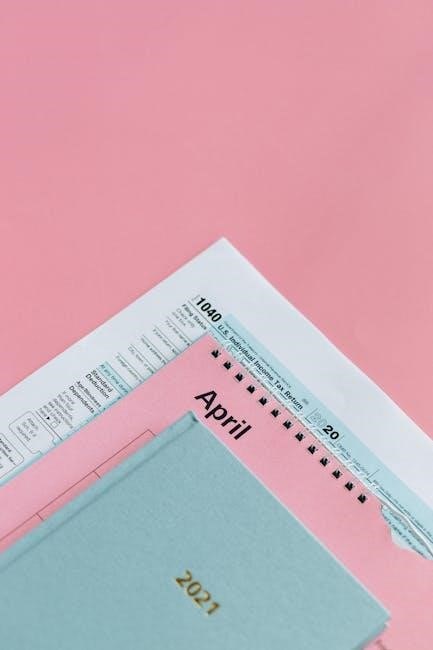
Common Mistakes to Avoid in the Application
Common mistakes include submitting incomplete forms, missing deadlines, and ignoring eligibility criteria. Ensure all required documents are attached and information is accurate to avoid rejection or delays.
6.1 Incomplete or Incorrect Information
Submitting incomplete or incorrect information is a common mistake that can delay or reject applications. Always double-check personal details, income proof, and eligibility criteria. Ensure all required fields are filled accurately and documents are attached properly. Incomplete forms often lead to processing delays, so review the application thoroughly before submission to avoid such issues.
6.2 Missing Deadlines
Missing application deadlines can lead to rejection, delaying access to free laptops. Always check official sources for key dates and set reminders. Verify information through government websites to avoid scams. Timely submission ensures consideration, so prioritize deadlines to maximize approval chances.
6.3 Ignoring Eligibility Criteria
Ignoring eligibility criteria is a common mistake that leads to application rejection. Each program has specific requirements, such as income limits or educational status. Failing to meet these criteria results in wasted time and effort. Always review and ensure you meet all conditions before applying to avoid disappointment and delays in processing your request.
How to Track the Application Status
Applicants can track their application status through official online portals or by contacting support teams. Use reference numbers provided during submission for quick updates and verification.
7.1 Online Tracking Systems
Online tracking systems allow applicants to monitor their free government laptop application status in real-time. Using a reference number, users can log in to official portals for updates. These systems provide transparency, reducing anxiety and ensuring applicants stay informed. They also help identify delays or issues promptly. Always use verified government websites to avoid scams, as fake offers are common. Customer support is often available for technical assistance.
7.2 Contacting Support Teams
Contacting support teams is essential for resolving queries about free government laptop applications. Applicants can reach support via phone, email, or live chat. Ensure to use official contact details to avoid scams. Support teams assist with tracking applications, clarifying eligibility, and addressing technical issues. They provide guidance to ensure a smooth application process and help resolve any concerns promptly and efficiently.
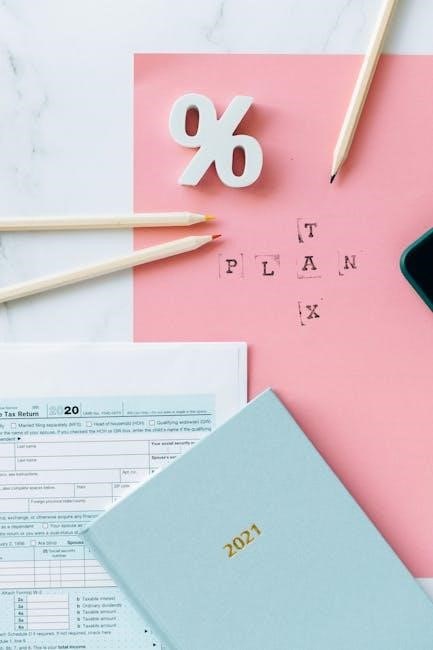
Benefits of Free Government Laptops
Free government laptops provide enhanced educational opportunities, improve access to employment resources, and bridge the digital divide, ensuring equal access to technology for all eligible individuals.
8.1 Enhanced Educational Opportunities
Free government laptops enable students to access digital resources, participate in online learning, and complete assignments efficiently. This fosters better academic performance and prepares individuals for a technology-driven future. Additionally, these devices facilitate collaboration and research, making education more accessible and engaging for those who may otherwise face financial barriers. Always verify program authenticity to avoid scams.
8.2 Improved Access to Employment Resources
Free government laptops bridge the digital divide, enabling individuals to access job portals, online courses, and networking platforms. This enhances employability and career growth. However, applicants must verify program authenticity to avoid scams, ensuring they benefit from genuine opportunities that improve their employment prospects.
8.3 Bridging the Digital Divide
Free government laptops help bridge the digital divide by providing access to essential online resources; This initiative ensures underserved communities can participate in the digital economy. However, applicants must remain vigilant about scams, verifying program legitimacy to avoid fraudulent activities and ensure they benefit from genuine opportunities aimed at fostering digital inclusion.
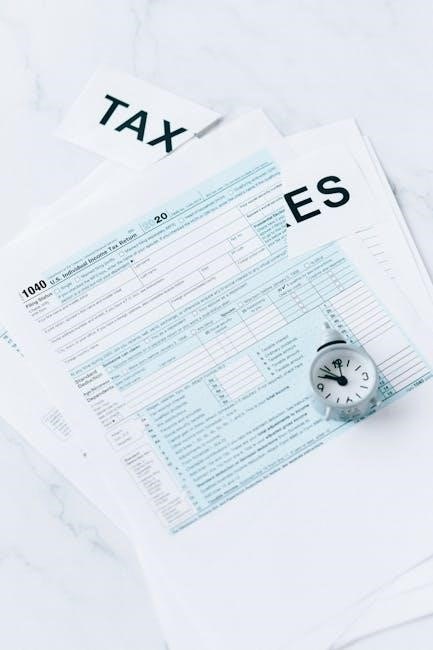
Scams and Fraudulent Schemes
Scams offering free government laptops are common, often targeting vulnerable individuals. Verify programs through official channels to avoid fraudulent activities, ensuring authenticity and security of personal information.
9.1 Identifying Fake Offers
Fake offers for free government laptops often promise guaranteed approval without eligibility checks. They may demand upfront fees or personal information. Be cautious of unsolicited messages or websites lacking official government verification. Verify programs through trusted sources like official government portals or fact-checking agencies, such as PIB Fact Check, to avoid falling prey to scams.
9.2 Protecting Personal Information
When applying for free government laptops, never share sensitive details like Social Security numbers or bank information unless verified. Use strong passwords and enable two-factor authentication. Avoid phishing scams by verifying official websites. Keep personal documents secure and be cautious of unsolicited calls or emails requesting private data. Always update security software to safeguard your information.
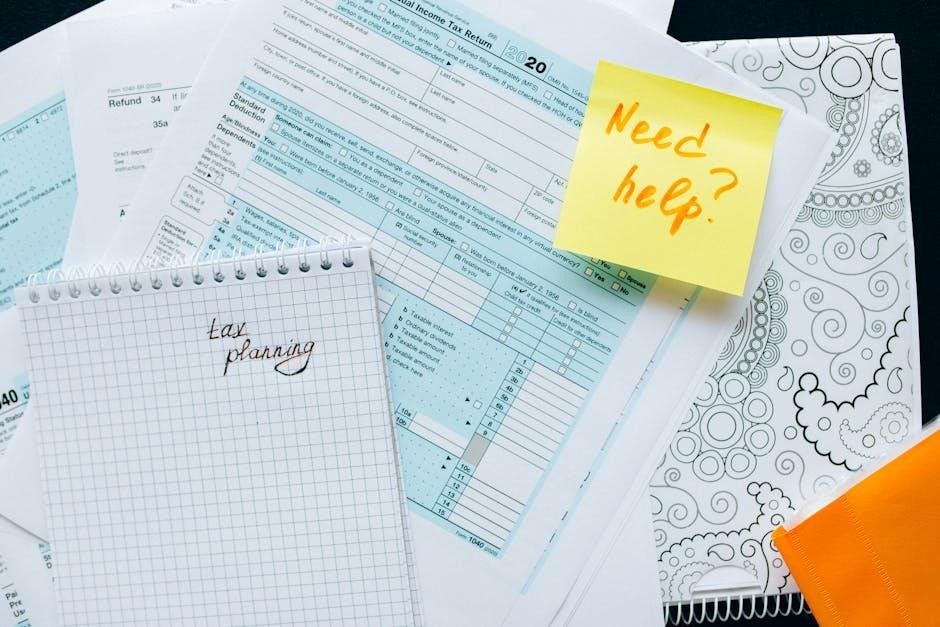
Success Stories from Previous Recipients
Many recipients of free government laptops have reported improved academic performance and career opportunities. These programs have empowered individuals, bridging the digital divide and fostering socio-economic growth effectively.
10.1 Impact on Education
Free government laptops have significantly enhanced educational opportunities for students. With access to digital resources, recipients have improved their academic performance and engagement. These devices enable online learning, research, and collaboration, making education more accessible and effective. Many students have reported better grades and increased confidence, highlighting the positive impact of these programs on their educational journeys.
10.2 Career Advancement
Free government laptops have empowered individuals to enhance their career prospects. Access to digital tools and online resources enables job seekers to apply for positions, participate in virtual interviews, and acquire new skills. These devices also facilitate remote work opportunities, helping recipients to advance professionally and achieve long-term career growth in an increasingly digital job market.
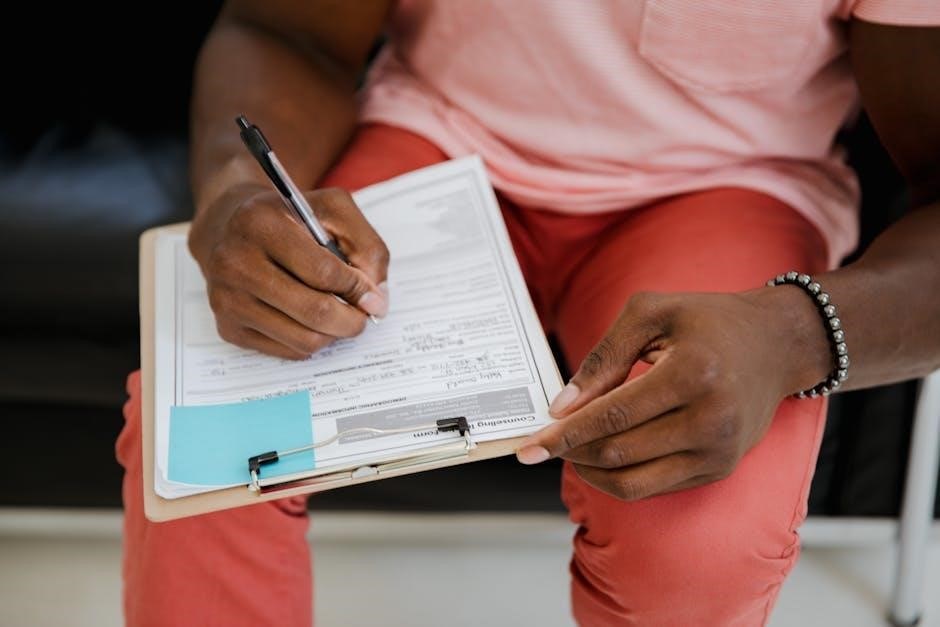
Technical Specifications of Free Laptops
Free government laptops typically include basic specifications like Intel/AMD processors, 4GB RAM, 256GB storage, and Windows/Linux OS. They often come with essential software for education and productivity, ensuring functionality for everyday tasks. Warranty and support details vary by program, but most devices are designed to meet fundamental computing needs for recipients.
11.1 Hardware and Software Details
Free government laptops typically feature Intel or AMD processors, 4GB RAM, 256GB storage, and either Windows or Linux OS. They include essential software for productivity and education. However, be cautious of scams, as fake offers, like the recent Indian government laptop scheme, have been debunked. Always verify programs through official sources.
11.2 Warranty and Support Information
Free government laptops often come with a limited warranty covering manufacturing defects for 1-2 years. Support is typically provided through official channels, such as helplines or online portals. Recipients should verify support details through official sources to avoid scams, as fraudulent offers, like the fake Indian government laptop scheme, have been reported. Always rely on verified government programs for genuine support.
Application Deadlines and Timelines
Application deadlines vary by program, often aligning with academic terms or fiscal years. Check official sources for specific dates. Verify through official channels to avoid scams.
12.1 Key Dates to Remember
Application deadlines for free government laptops vary by program, often aligning with academic terms or fiscal years. Key dates include submission deadlines, document verification periods, and distribution timelines. Applicants must check official sources regularly for updates. Be cautious of fake offers, as verified by recent reports debunking fraudulent schemes. Always verify deadlines through official government channels to ensure authenticity and avoid missing opportunities.
12.2 Processing Time for Applications
Processing times for free government laptop applications vary by program, typically ranging from 2-6 weeks. Delays may occur due to high application volume or document verification. Applicants are advised to track their status online or contact support teams for updates. Be cautious of scams, as fraudulent offers are common, and always verify through official channels to ensure authenticity.
Role of Non-Profit Organizations
Non-profits often partner with government programs to distribute free laptops, ensuring equitable access and verifying program authenticity. They also assist applicants with forms and additional resources.
13.1 Partnerships with Government Programs
Non-profit organizations often collaborate with government agencies to distribute free laptops, ensuring programs reach underserved communities. These partnerships streamline application processes and verify eligibility. They also help combat scams by promoting verified initiatives. For instance, organizations may assist in verifying the authenticity of programs, such as debunking fake offers like the recent Indian government laptop scheme. This collaboration enhances program efficiency and trustworthiness.
13.2 Additional Support for Applicants
Non-profit organizations often provide extra assistance to applicants, such as workshops, online guides, and one-on-one support. They help simplify the application process, ensuring forms are filled correctly and requirements are met. This support is crucial for those unfamiliar with the process, reducing errors and improving chances of approval. It also helps applicants understand eligibility criteria and required documents better.

Frequently Asked Questions (FAQs)
Common questions include eligibility criteria, required documents, and application deadlines. Applicants often inquire about program authenticity and how to avoid scams. Verify through official channels.
14.1 General Queries
General queries often revolve around eligibility criteria, required documents, and application deadlines. Applicants also ask how to verify program authenticity and avoid scams. Many seek clarification on income thresholds and academic requirements. Additionally, questions about application tracking and processing times are common. Always verify programs through official government channels to ensure legitimacy and avoid fraudulent schemes.
14.2 Technical Issues
Technical issues during application may include website crashes, form submission errors, or compatibility problems with browsers. Ensure devices meet minimum requirements and use supported browsers. Slow loading times or incomplete form previews can also occur. Contact support teams for assistance. Avoid fake offers by verifying official government portals. Always check for secure connections to protect personal data during submission.
Free government laptop programs offer valuable opportunities for education and employment. Stay informed, verify official sources, and persist in applications to maximize benefits and avoid scams successfully.
15.1 Final Tips for Applicants
To successfully apply for free government laptops, verify program authenticity, ensure eligibility, and gather all required documents. Double-check application forms for accuracy and submit before deadlines. Avoid scams by relying on official sources. Stay persistent, follow up on your application status, and seek support if needed to maximize your chances of securing a laptop.
15.2 Future Prospects of Government Laptop Programs
Future prospects for government laptop programs include expanded eligibility, enhanced technological access, and improved digital literacy. Governments may introduce upgraded devices and stronger security measures to combat scams. Increased awareness and verification processes will help applicants avoid fraudulent schemes, ensuring more successful and equitable distribution of free laptops to those in need.